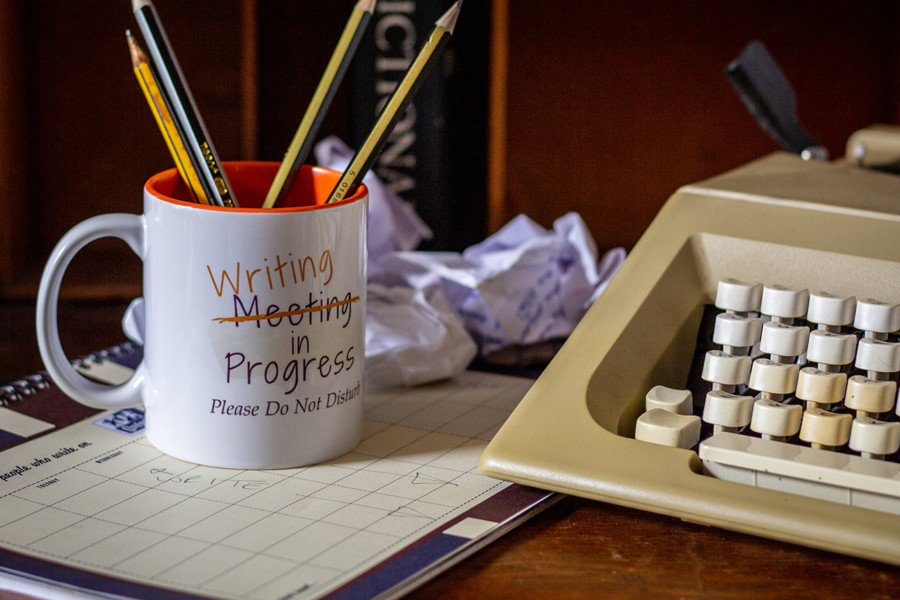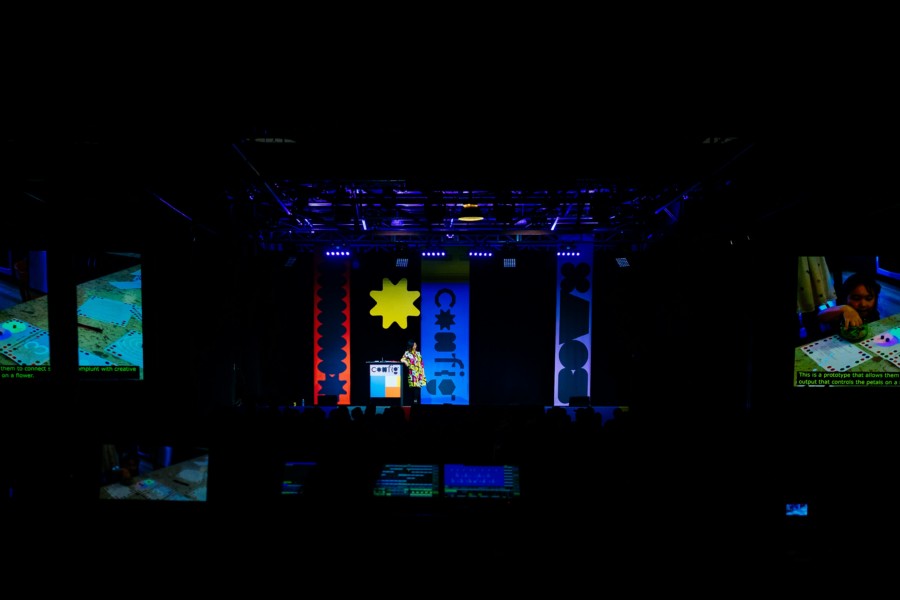Just a quick post to alert you to a must read blog post by Marissa Bracke: The Real Reason You’re Not Taking Action On Your Goals As I read it, I thought of struggling to write (the dissertation, a book, a journal article, a grant proposal), struggling with the job search, … well, pretty well […]
Read More »Getting useful feedback on your conference paper
There is plenty of evidence that conference presentations don’t necessarily get you any useful feedback.
But that doesn’t mean they couldn’t.
You have to build an audience
Do you tell people you know are going to be at the conference when you are presenting? Do you ask them to come? Do you tell them you would like feedback?
Read More »I wish it were different, too
In an ideal world, my job would be redundant. It is not an ideal world.
It’s okay to ask for help
There is nothing wrong with you. It’s normal to struggle sometimes.
The demands are what they are. The support is what it is. And neither is likely to be ideal.
Read More »The goal of your conference paper
Scholarly work is inherently collaborative. Not in the sense that it should all be co-authored, but in the sense that you develop your ideas in conversation with others.
These may be formal conversations. They may take place mostly in writing, even formal types of writing. But you do your best work in conversation.
The reason you give conference papers is to meet people and build relationships.
Read More »Fear is in the eye of the beholder (PhD2Published)
I have a post on publishing and fear up at PhD2Published. It starts like this: The biggest barrier to publishing is fear. Fear of rejection. Fear of criticism. Fear that you really don’t have anything to contribute. And then I talk about how to move forward anyway under the following headings Look for the contribution to […]
Read More »On the road to an academic career
If an academic career is on your list of possible post-PhD paths, there are a few things you should know. The de facto requirements for an academic position have increased. It is unreasonable to expect that you will have all of these additional requirements at the same time as you are awarded the PhD. For most people, there is going to be a period of some other employment between finishing the PhD and getting that secure position. In this post, I lay out some options.
Read More »Publishing from your dissertation
It is a fact of life that if you want an academic job you need to publish. For most early career academics, or PhD students contemplating academic careers, this means thinking about your dissertation. This post looks at the options: book or articles; and what kind of articles.
Read More »Over at the Careers Café…
As you know, I also blog for University Affairs Careers Café. This month’s post is about the need to publish to get an academic job.
Read More »Validation, communication, & academic blogging: some links
A linky post for those who are interested. There are some interesting things to be found on this topic. Michael Cholbi at In Socrates Wake drew my attention to a few in his post inviting thoughts on whether humanists are avoiding exposure (responding to Alex Reid, see below). Which led me to James Stanescu (aka […]
Read More »Disturbing read about job advice to PhDs
How do you advise students about academic careers? Apart from the obvious “there aren’t a lot of jobs out there”, what do you say? What do you feel uncomfortable about saying (or not saying)?
Read More »Collaboration, co-authoring, and such
If you are in the humanities or some social science disciplines, co-authorship is much less common and may even be frowned upon. Some humanities researchers have been heard to doubt the existence of co-authorship, “Two people cannot hold the pen.”*
If you are in this kind of discipline, writing with others can feel odd. And it raises some interesting issues about how it will be evaluated.
Why co-author? … get more written … share expertise … mentor students
How will peers view it? … separating you from your co-authors … getting collaborative grants
Read More »Validation vs communication: another example
How is it that just as I write that post about validation and how stuck it can get you, I find another relevant link: Why Lists are a Flawed Approach to Assessing Excellence
Read More »










